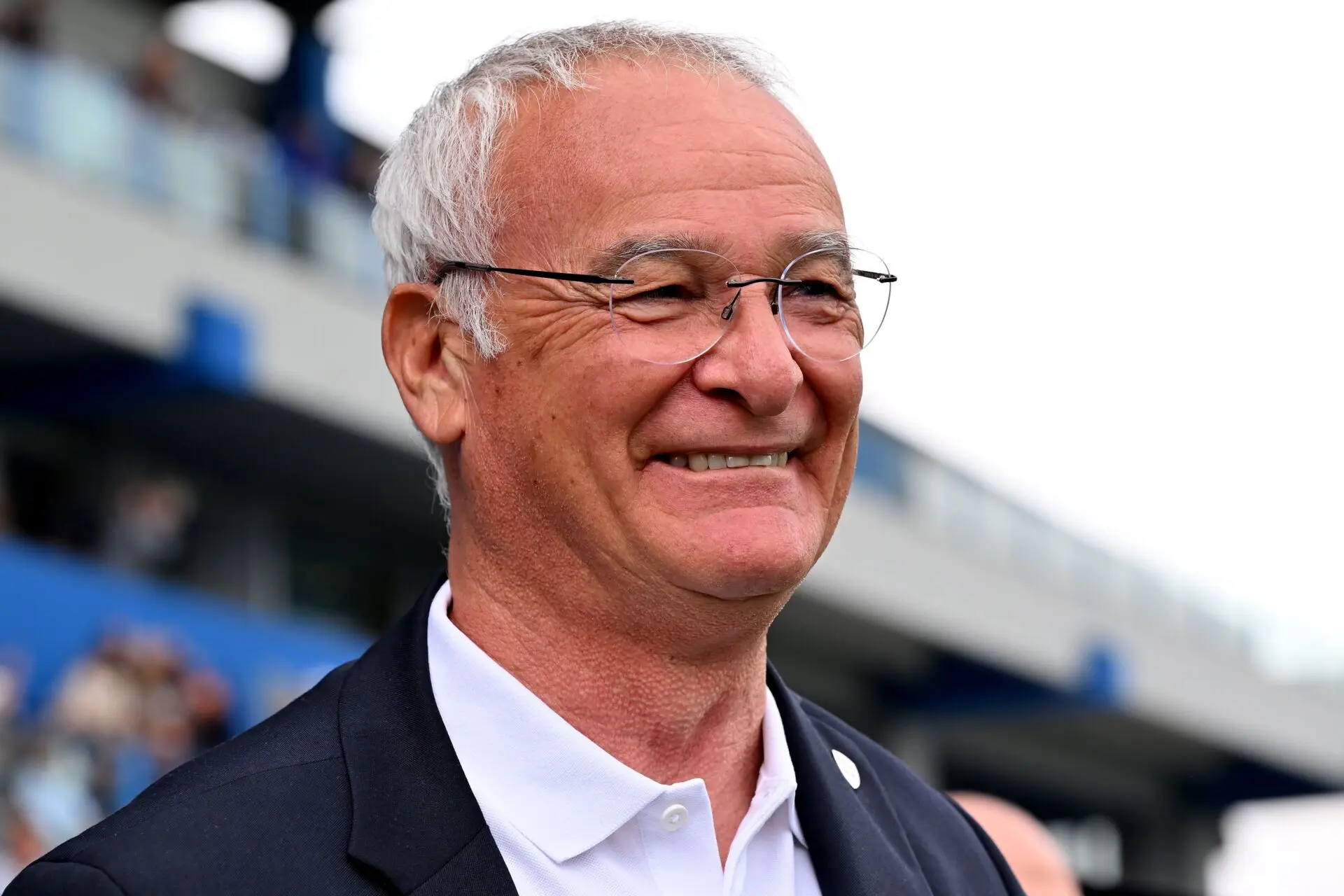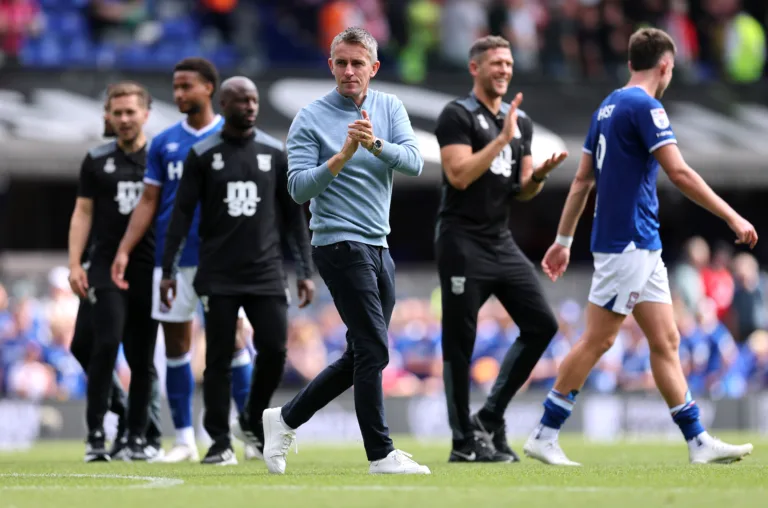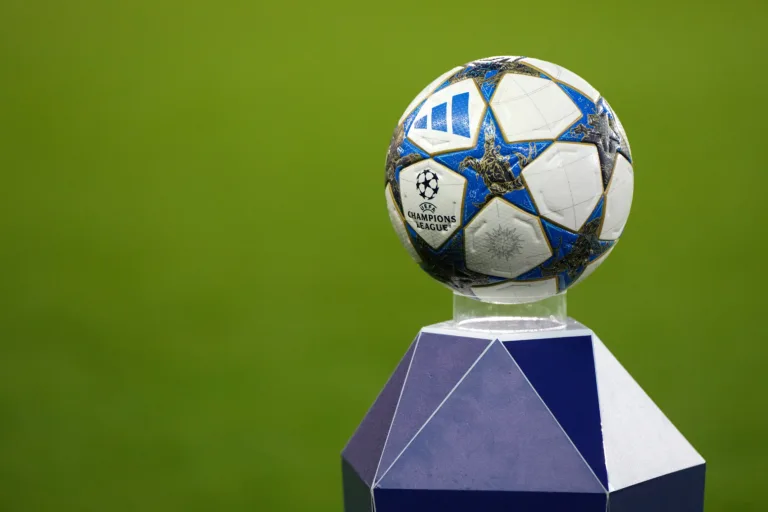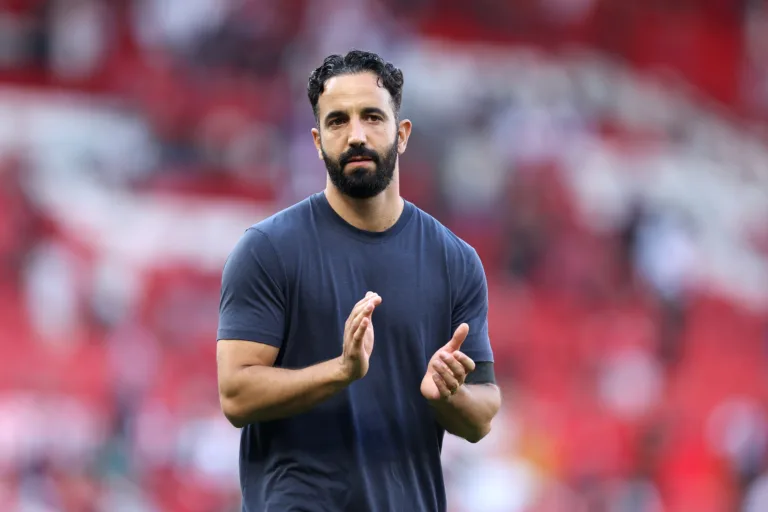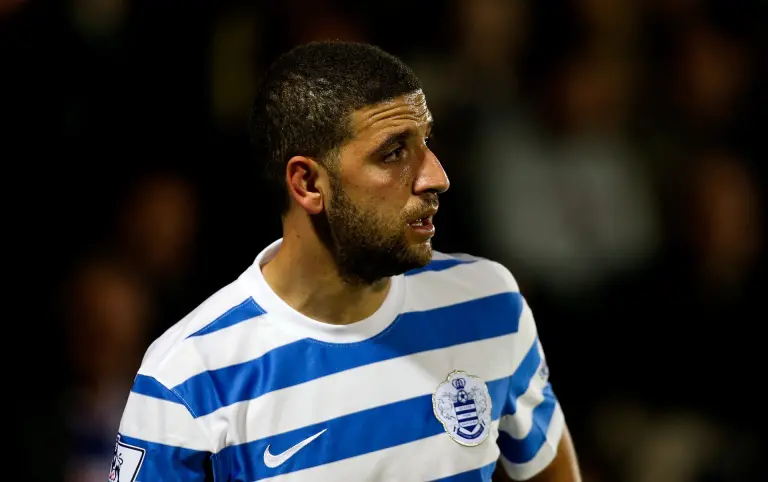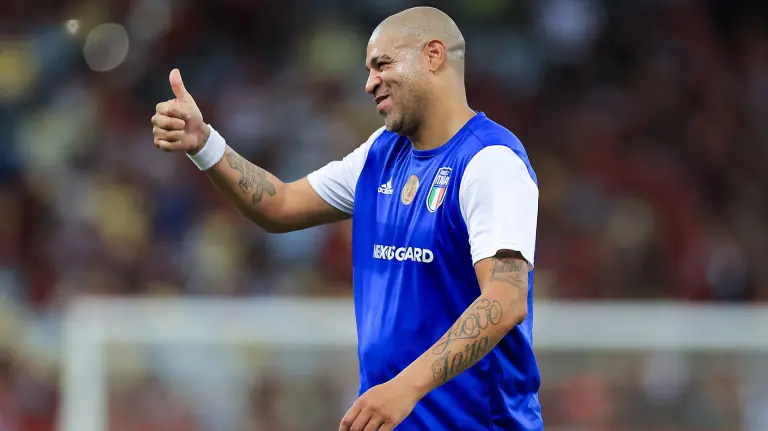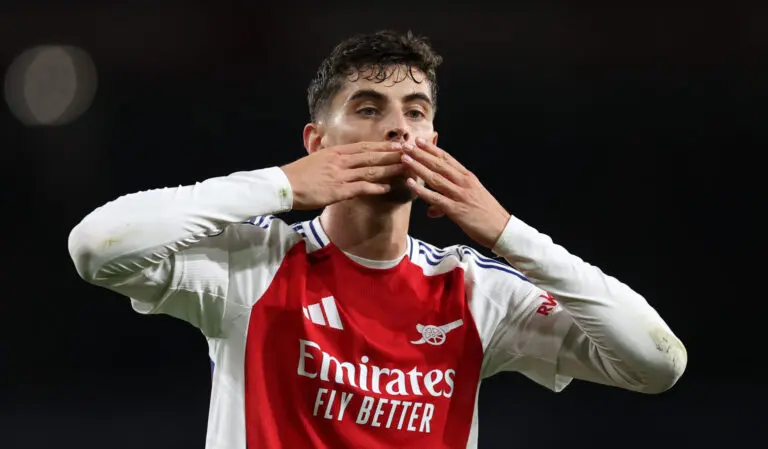Claudio Ranieri’s Homecoming: Rome’s Prodigal Son Returns to Roma Again
Claudio Ranieri returns to Roma amidst an ownership under fire after Ivan Juric’s disastrous 53 days in charge.
“Welcome home” was the message from the Romanisti as Claudio Ranieri arrived at the Fulvio Bernardini training complex on Thursday afternoon to commence his third stint in charge of his boyhood club. The man from Testaccio, an area in the south of the city that was AS Roma’s original home before 1940, remains an icon to the yellow and red half (or three-quarters) of the Italian capital. The 73-year-old is seen as a true embodiment of the Romanismo identity that the club thrives on and has been desperately missing since the premature sacking of Daniele de Rossi in September that turned the vicious ire of the fanbase towards the American ownership in the intervening months.
“Ranieri-Ter,” as the Italian media have been referring to the third installment of this inter-Roman love affair, exists not as a consequence of any grand sporting strategy on the part of the club’s operational side but precisely because of the lack of one. It is an appointment largely motivated out of the hierarchy’s desire to placate the rebellious Romanisti in the stands and subdue the ongoing protests from the Curva Sud (the South Stand, home to Roma’s ultras), who are still outraged by the decision to dismiss De Rossi just four games into a three-year contract.
De Rossi himself was brought in as a pacifying gesture on the owners’ behalf in January when he was hired initially on a short-term deal as perhaps the only man the fans would have accepted leading their team in place of Jose Mourinho.
José’s bond and mutual affinity with the supporters remained strong even when the results faded to the latter end of his tenure, as was the case with DDR, although his departure came as much more of a shock. The same could not however be said for his successor, Ivan Juric, who was on the backfoot from minute one at the Stadio Olimpico.
A Doomed Experiment
The Croat’s first game on the Roma bench was at home to Udinese on September 22nd. A 3-0 win earned the Giallorossi their first victory of the season in a game that unfolded amidst a strange atmosphere. The Curva Sud remained empty for the opening half hour in protest as the sores simmered from the supposed betrayal of a Roman hero.
A late turnaround against Venezia the following week, thanks to a winner from local boy Niccolo Pisilli, seemed to show signs of promise for Juric. However, the air was let out of the Roma tires once more only a few days later when a surprise defeat to Swedish side Elfsborg sent them on an irreversible skid along an already icy road.
It was an environment that ignited a run of only two wins in nine (versus Dinamo Kiev and Torino), which would ultimately cost Juric his job after only 53 days at the helm. The amazing thing is that, frankly, it is a wonder he lasted that long. The writing was already on the wall for the beleaguered boss after a 5-1 thrashing away to Fiorentina on the 27th of October that did irreparable damage to his credibility and support amongst fans, players, and board members alike. Four defeats in five Serie A matches between the October and November international breaks meant his fate was soon a foregone conclusion.
Roma’s official account released a statement confirming his departure less than 45 minutes after full time in yet another calamitous affair, this time a demoralising 3-2 home loss to a Bologna side far from their level of last season. The ‘club’ thanked Juric for his effort managing in “a difficult environment,” but, as James Horncastle pointed out, a difficult environment caused by… who exactly?

4:39 PM · Nov 10, 2024
“Ha gestito un ambiente difficile” causato da chi?
The rhetorical answer to this question is obvious. The hostility at the Olimpico was not there until September, and neither was it caused by Ivan Juric, a perfectly serviceable Serie A coach who has done commendable work at both Torino and Hellas Verona in each of the past five seasons. Rather, it is the consequence of the Giallorosso public growing increasingly frustrated with the Friedkins, the club’s Texan venture capitalist owners, who have unjustly sacked two beloved AS Roma managers in the space of nine months.
Sporting Director Florent Ghisolfi has since admitted the mistake of dismissing De Rossi so suddenly, only adding fuel to the ever-burning Roman fire. Ghisolfi, a Frenchman who was hired off the back of his experience working under Manchester United owners INEOS at Nice (to mixed success), speaks little Italian and is perhaps emblematic of the distant nature of the American-led hierarchy, which does not properly understand the passion, intricacies, and intensity of discourse that surrounds football in Rome.
If You Can’t Fix It, Don’t Break It
While the Friedkins could be commended for their commitment to investing money into the football club, not being shy to splash the cash in the transfer market since their arrival in 2021, this spending has also nurtured an immediate desire for a return on such investment and reciprocal success. This, in turn, has created a trigger-happy attitude to the hiring and firing of coaches in the past year in search of a quick fix to broader issues within the team. They have also exemplified a fundamental misunderstanding that, at a club like Roma, reality and results are not quite as important as the perception, the feeling, and the sense of purpose that pervade above all else.
For years, before José Mourinho rode into town, the Stadio Olimpico would scarcely sell out on a consistent basis. That changed almost immediately under the Special One, with record levels of consecutive sell-out crowds and an insatiable demand for tickets that lasted even during the more turbulent times of his reign and continued through the short-lived De Rossi era. In the last two months the negative reversal of this trend has been evident, no more so than when the stadium was left half empty towards the final stages of the Bologna defeat, with the decibel levels almost nonexistent given the complete desertion of the Curva Sud in the second half.
That picture would have left no doubt in anyone’s mind that a change was this time necessary. The club called for a unifying figure that could get fans and players alike back on side, able to plug the leaking dam of belief that was draining the energy of an entity that thrives on exactly that. Enter Don Claudio.
Claudio Ranieri Returns for a Roman Revival
The appointment of a man seen in Giallorosso circles “not only as a coach but as a father,” according to IlRomanista.eu, will help recover “the magic that was lost with the dismissal of De Rossi.”. Claudio Ranieri will forever hold a special place in Roma hearts, taking them within touching distance of winning the Scudetto in 2010, only to be overtaken by Mourinho’s treble-winning Inter. From his first stint in charge, straddling two campaigns having replaced Luciano Spalletti in September 2009, Ranieri maintains the highest points per game ratio (1.87) of any Roma manager since the 1950s.
Before he would once again grace the Stadio Olimpico dugout in 2019, the intervening years saw him in charge of Inter, Monaco, Greece, Leicester, Nantes, and Fulham (to varying degrees of success). Even if his miraculous Premier League win in 2016 didn’t grant him the honour of becoming an official knight of the realm, that hasn’t stopped the Italian football world from referring to him as “Sir Claudio.”.
Ranieri must be one of the most universally loved and appreciated managers in the game, but nowhere is this affection as strong as in his home city. After returning for the final 12 games of the 2018/19 season, on what was thought to be his last ever match as Roma boss, the Curva Sud honoured him with a banner declaring, “In our moment of need, you answered. Now you receive the homage of your people.” Ranieri was moved to tears on the touchline as his adoring crowd belted out his name.
A similarly moving spectacle would occur during the 2022 UEFA Conference League semi-final against Leicester when, watching on from the stands, he appeared on the big screen and was instantly serenaded and granted a standing ovation by both sets of supporters in the Olimpico.
Now, as in 2019, Roma have turned to a trusted, friendly face as the “traghettatore”—”the ferryman”—tasked with guiding an unsteady ship through troubled waters to a stable destination on the horizon. Handed a contract until the end of the campaign with a promise of a senior advisory position on sporting matters from then on, Roma tempted Ranieri out of retirement from club football, having declared his desire to call time on his illustrious career last May. In his first press conference on Friday, he admitted that there were only two clubs that could have possibly convinced him to delve back into the world of management at the age of 73.
They were the clubs, of which there have been many for Don Claudio, with whom he shares the closest affinity. Roma, of course, plus Cagliari, whom he guided to a somewhat unexpected Serie A survival last season, having dramatically taken them up via the play-offs in 2023 (33 years after he launched his career performing the same trick with the Sardinian side).
In contrast to his post-Leicester stints in English football, Ranieri has shown himself to still be a capable tactician in his most recent Italian jobs with both Sampdoria and Cagliari. This time, however, to spare himself from the ever-growing pile of managers underneath the Friedkins’ perpetually opening trapdoor, he may have to do something that Roma have not achieved since 2018, and he himself has not since 2014 at Monaco, which is qualify for the Champions League. As unfeasible as that sounds given the situation he is walking into, logical thinking does not appear to be the Friedkins’ strong suit.
The question remains: will Ranieri’s Roman return galvanise a club in desperate need of recovering its identity, or will he be yet another sacrificial lamb for an ownership slowly drowning in a storm of their own causation?


